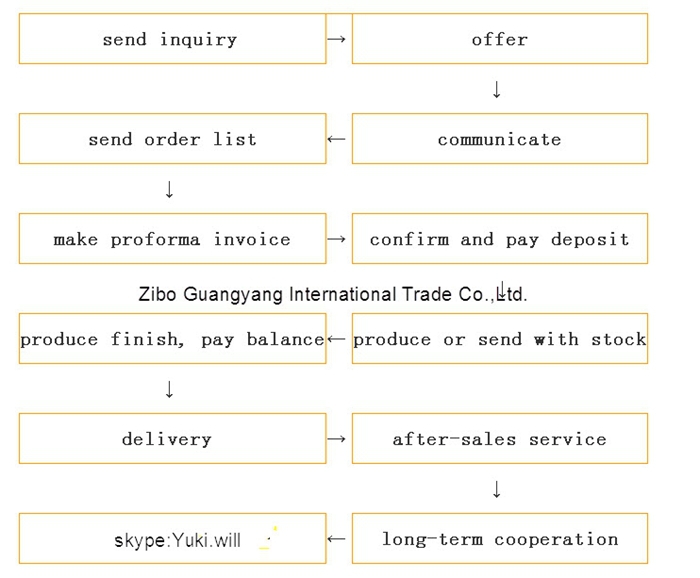Understanding Secured Versus Unsecured Loans: Which Option is Right for You?
#### Secured Versus Unsecured LoansWhen it comes to borrowing money, understanding the differences between secured versus unsecured loans is crucial for mak……
#### Secured Versus Unsecured Loans
When it comes to borrowing money, understanding the differences between secured versus unsecured loans is crucial for making informed financial decisions. Both types of loans have their unique characteristics, advantages, and disadvantages, which can significantly impact your financial situation.
#### What are Secured Loans?
Secured loans are financial products that require the borrower to provide collateral—an asset that the lender can claim if the borrower fails to repay the loan. Common forms of collateral include homes, cars, or savings accounts. Because the lender has a safety net in the form of collateral, secured loans often come with lower interest rates compared to unsecured loans. This makes them an attractive option for borrowers who have valuable assets and are looking to minimize the cost of borrowing.
#### Advantages of Secured Loans
1. **Lower Interest Rates**: Since the lender faces less risk, secured loans typically offer lower interest rates.
2. **Higher Borrowing Limits**: Borrowers can often access larger amounts of money with secured loans, as the collateral reduces the lender's risk.
3. **Improved Chances of Approval**: If you have a poor credit history, providing collateral can improve your chances of loan approval.

#### Disadvantages of Secured Loans
1. **Risk of Losing Collateral**: The most significant downside is the risk of losing your asset if you default on the loan.
2. **Longer Approval Process**: Secured loans may require more paperwork and a longer approval process due to the need for collateral assessment.
3. **Potential for Negative Equity**: If the value of the collateral decreases, you might owe more than the asset is worth.
#### What are Unsecured Loans?
Unsecured loans, on the other hand, do not require collateral. Instead, these loans are granted based on the borrower's creditworthiness. This means that lenders assess the borrower's credit score, income, and overall financial health before approving the loan. Because unsecured loans pose a higher risk to lenders, they often come with higher interest rates.

#### Advantages of Unsecured Loans
1. **No Risk of Losing Assets**: Since no collateral is required, borrowers do not risk losing valuable assets.
2. **Faster Approval**: The approval process for unsecured loans is generally quicker, as there is no need for collateral evaluation.
3. **Flexible Usage**: Unsecured loans can often be used for a variety of purposes, from debt consolidation to personal expenses.
#### Disadvantages of Unsecured Loans
1. **Higher Interest Rates**: Due to the increased risk, unsecured loans usually come with higher interest rates.

2. **Lower Borrowing Limits**: Lenders may offer smaller amounts compared to secured loans, making it challenging for borrowers needing large sums.
3. **Stricter Credit Requirements**: Borrowers with poor credit may find it difficult to qualify for unsecured loans.
#### Choosing Between Secured and Unsecured Loans
The decision between secured versus unsecured loans ultimately depends on your individual financial situation, needs, and risk tolerance. If you have valuable assets and are comfortable with the possibility of losing them, a secured loan might be the best choice for you, especially if you're looking for lower interest rates and higher borrowing limits. Conversely, if you prefer to avoid risking your assets and need a quicker approval process, an unsecured loan could be more suitable, despite the higher costs.
In conclusion, understanding the nuances of secured versus unsecured loans can empower you to make better financial decisions. Always consider your financial health, the purpose of the loan, and your ability to repay before making a choice.